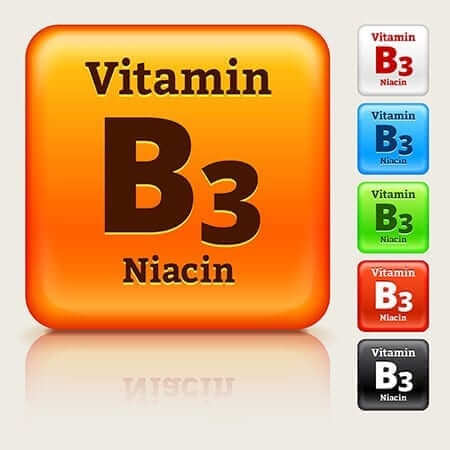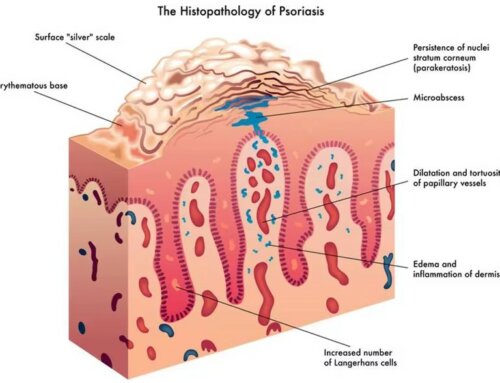Originally it was thought that type 2 diabetes can increase heart attacks by up to 2-3 times in men and women. The most recent research in Diabetes Care (March 2014) states that “women may be as much as 50% more at risk for fatal heart events than men, and that diabetes is more of a potential risk factor for heart events in women compared to men. Women with diabetes have more than 5 times an increased risk of a cardiac event than women without diabetes.” The researchers continue to state that “current clinical guidelines may need to be revised to offer more aggressive treatment to women with diabetes.”
This week during our diabetes self management skills program, I taught 3 younger women who were between the ages of 36 and 54, and had suffered from cardiac issues or events. A 36 year old already had a pacemaker (helps regulate heart rhythm) for syncope, a myocardial infarction (heart attack) and continued to have uncontrolled cholesterol levels with very low HDLs. Her physician was extremely concerned since her statin medications were helping her LDLs (bad cholesterol) but were doing nothing to raise her HDLs (or protective/good cholesterol). She was very upset since her doctor wanted to put her on yet one more medication that she heard had frightening side effects. I just wanted to share our discussion to make you aware of other common therapies, especially if you have cardiac disease with uncontrolled cholesterol, along with diabetes. Although it is well known that there are many other complicated reasons causing heart disease (including inflammation), cholesterol still needs to be controlled.
- What is Niacin? Niacin is a B3 vitamin that can be used in addition to a statin drug to help boost your HDLs. Statin drugs include Zocor, Lipitor, Crestor, Lescol and Livalo. These medications should be taken at the evening meal, or prior to bed, since the liver overproduces cholesterol at night. Many people get enough Niacin from foods including greens, meat, fish, poultry, fortified cereals, and eggs. Patients who need to raise their HDLs require between 2-4 grams of Niacin, which is difficult to accumulate from food. If needed, a supplement is suggested. Niacin is also known as nicotinic acid, and has multiple functions. It assists your skin, hair, eyes, and nervous/digestive system. Niacin can convert food to energy. The prescription versions are called Niacor or Niaspan, and can increase the HDL levels up to 30%. The over-the-counter supplements of Niacin are not FDA regulated, so the effectiveness can vary. Always talk to your health care provider before starting any supplement.
- What level of HDLs are we looking for? Men should have a minimum of 40mg/dl and women should have 50mg/dl. Having a level of 60mg/dl or more seems to have a protective cardiac effect.
- What else raises HDLs besides Niacin? Things to include are: no smoking, doing a minimum of 30 minutes of aerobic activity at least 5 times a week, staying at a reasonable weight or BMI, drinking alcohol in moderation (if at all), and eating a healthy diet with plants, fish, and nuts in moderation. Losing weight will also help lower LDLs.
- What are the side effects of Niacin? Niacin can cause stomach distress such as gas, bloating, and diarrhea. To reduce this problem you should start on a low dose and work up gradually, or take a time released formula. Flushing of the skin and suffering from a very hot sensation can also be bothersome side effects of Niacin. Take a baby aspirin 30 minutes prior to the Niacin and take it at bedtime. Another possible side effect is an itchy rash. You may take anti-histamines until your body gets used to the medication.
- What are the larger risks associated with taking Niacin? Niacin can cause insulin resistance and raise your blood sugars, especially troublesome when you have diabetes. This is now known about statin drugs as well, but you and your health care provider must weigh the risks and benefits of all these medications. Other risk factors include an increased risk of a stroke and a possible rise in your liver enzymes.
- What can Niacin interact with? Niacin can interact with other diabetes medications, blood pressure medications, blood thinner medications, drinking too much alcohol as well as thyroid hormone medications.
Although much of this information seemed overwhelming to this patient, after discussion she understood why her physician wanted her on it. You can choose not to take your MDs advice about medication, but you should share that with them – as many times they can come up with an alternative plan. With diabetes, all other health issues must be addressed to keep down complications.
Good Luck!
NOTE: Consult your Doctor first to make sure my recommendations fit your special health needs.







Roberta, you are an excellent writer! Thanks for such lucid and helpful info on diabetes and related subjects.